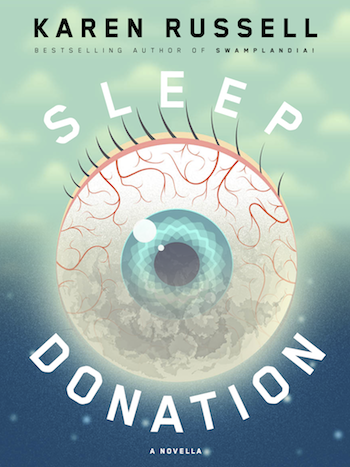Josh Levin is the national editor at Slate. He is the host of the podcast Hang Up and Listen and the author of The Queen: The Forgotten Life Behind an American Myth.
“I think it’s a strength to make a thing, one that people might have thought was familiar, feel strange. And reminding people - in general, in life - that you don’t really know as much as you think you know. I think that carries over into any kind of storytelling.”
Thanks to Mailchimp, Squarespace and Pitt Writers for sponsoring this week's episode.














